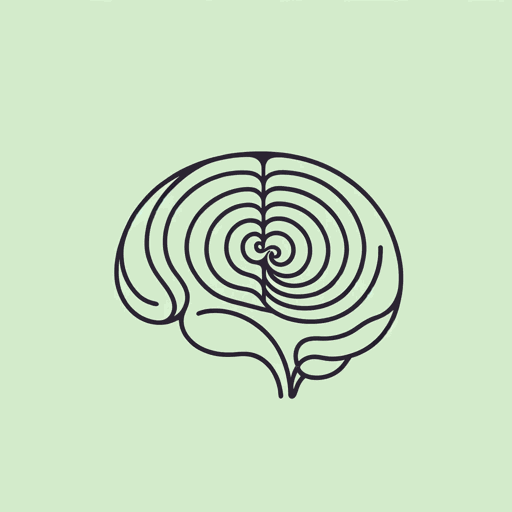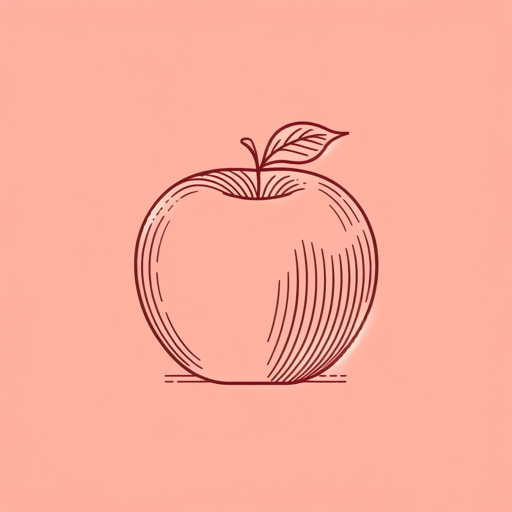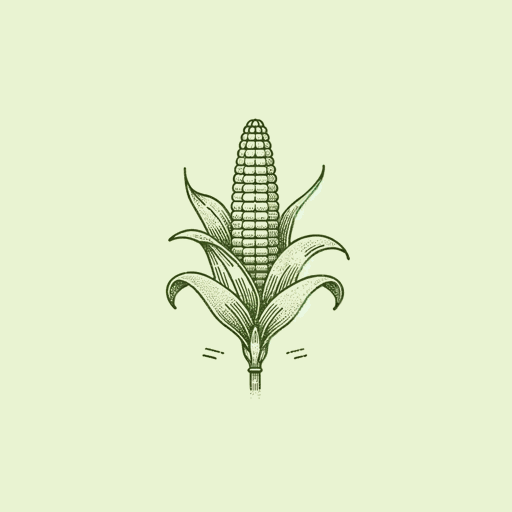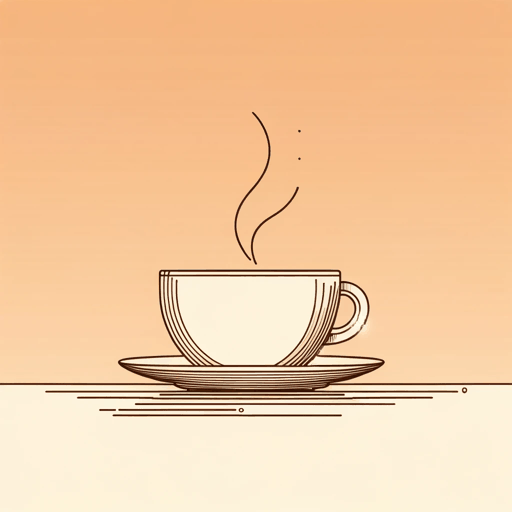48 pages • 1 hour read
Michael PollanThis Is Your Mind on Plants
Nonfiction | Book | Adult | Published in 2021A modern alternative to SparkNotes and CliffsNotes, SuperSummary offers high-quality Study Guides with detailed chapter summaries and analysis of major themes, characters, and more.
Introduction and Part 1Chapter Summaries & Analyses
Part 1: “Opium, Made Easy”
Introduction Summary
Pollan observes that people need plants to satisfy many needs and desires, one of which is to “change consciousness” (xii). Some of these plants are ubiquitous, such as tea and coffee, while others, like the opium poppy, are illegal. The author questions society’s consequential distinctions between plants, such as coffee beans and poppies, and notes that it is difficult to “construct a sturdy definition of drugs” (1). The Food and Drug Administration (FDA) and US government tightly police some plants that they have labeled illicit drugs. Pollan posits that the government allows some drugs, such as caffeine, to remain legal because they allow people to remain productive while psychedelics are perceived as a “threat to social norms and institutions” (2). Pollan notes that psychedelics are not more toxic or more addictive than caffeine, implying that their bad reputation is the result of a flawed narrative rather than scientific data. However, psychedelics such as psilocybin are experiencing an academic renaissance as researchers are allowed to explore their potential medical use. Pollan compares this approach to the Indigenous rituals around peyote, a psychedelic plant revered for its healing powers that is still used legally in Indigenous American rituals.
Related Titles
By Michael Pollan

How to Change Your Mind: What the New Science of Psychedelics Teaches Us About Consciousness, Dying, Addiction, Depression, and Transcendence (2018)
Michael Pollan

In Defense of Food
Michael Pollan

The Botany of Desire: A Plant’s-Eye View of the World
Michael Pollan

The Omnivore's Dilemma
Michael Pollan
Featured Collections
Addiction
View Collection
Anthropology
View Collection
Books on U.S. History
View Collection
Business & Economics
View Collection
Colonialism & Postcolonialism
View Collection
Earth Day
View Collection
European History
View Collection
Health & Medicine
View Collection
Journalism Reads
View Collection
New York Times Best Sellers
View Collection
Politics & Government
View Collection
Psychology
View Collection
Religion & Spirituality
View Collection
Science & Nature
View Collection
The Best of "Best Book" Lists
View Collection

